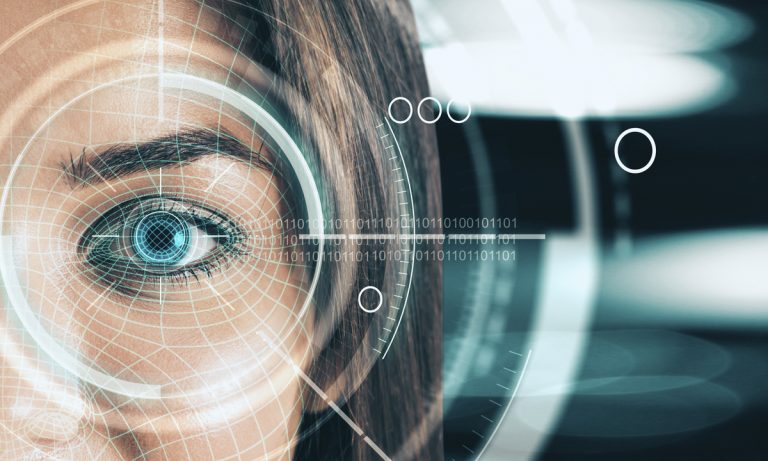FTC: Biometric Surveillance Could Threaten Civil Rights
BY PYMNTS | MAY 18, 2023
|
The FTC says increased use of biometrics raises “significant” concerns about security, privacy and discrimination.
In a policy statement published Thursday (May 18), the Federal Trade Commission (FTC) defines biometric information as data that depicts or describes physical, biological or behavioral traits, characteristics or measurements of or relating to a person’s body.
“In recent years, biometric surveillance has grown more sophisticated and pervasive, posing new threats to privacy and civil rights,” said Samuel Levine, director of the FTC’s Bureau of Consumer Protection. “Today’s policy statement makes clear that companies must comply with the law regardless of the technology they are using.”
The FTC said it is committed to stamping out unfair and deceptive practices related to the connection and use of biometric info as it relates to technology like facial, iris and fingerprint recognition tools.
The agency’s warning follows concerns about the use of facial recognition technology raised earlier this year.
For example, January brought a report from Axios about a Georgia man who was briefly imprisoned for a robbery in New Orleans — a city he had never visited — due to an error with a facial recognition system.
Also in January, New York’s attorney general questioned Madison Square Garden (MSG) about allegations that the venue had used facial recognition to bar certain ticketholders, which MSG has denied.
Meanwhile, research by PYMNTS finds that consumers now see biometric tools as the most secure method for transaction authentication, and the preferred way to authenticate payments for more than half of U.S. consumers.
“In what may represent a so-called changing of the guard, 52% of consumers who use biometrics prefer the authentication method over other options, while only 25% of consumers who use passwords feel as positive about passwords,” PYMNTS wrote earlier this year.
PYMNTS also spoke last year with Hamza Al-Ghatam, CEO at FACEKI, who said that while biometrics use is still in the early stages, “There are a lot of [untapped] industries and fields that can benefit from such a technology” outside of the financial world.
For example, those benefits include a mix of security and convenience and the use of iris recognition and 3D scanning to make sure systems are not misled by photographs.
“Ultimately, as the biometrics infrastructure is laid down, mobile devices are likely to become less essential for authentication, just as physical cards and documents no longer hold the critical role they once did,” PYMNTS wrote in December.






























